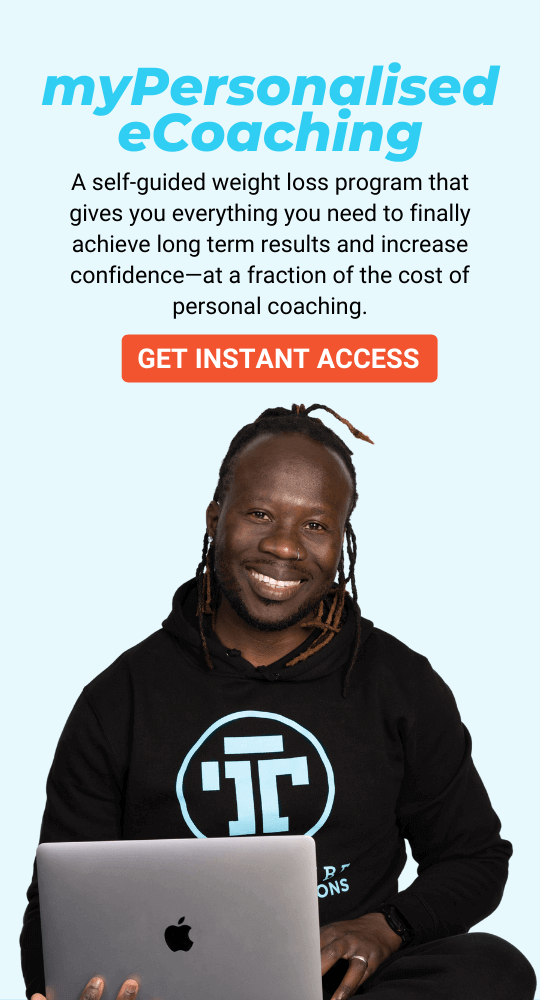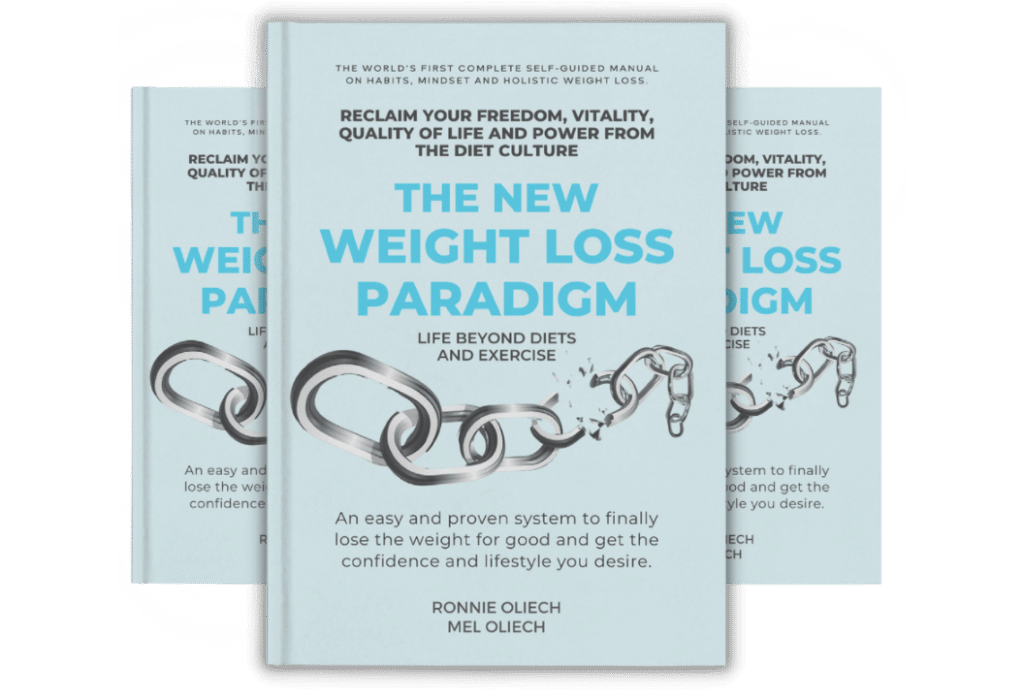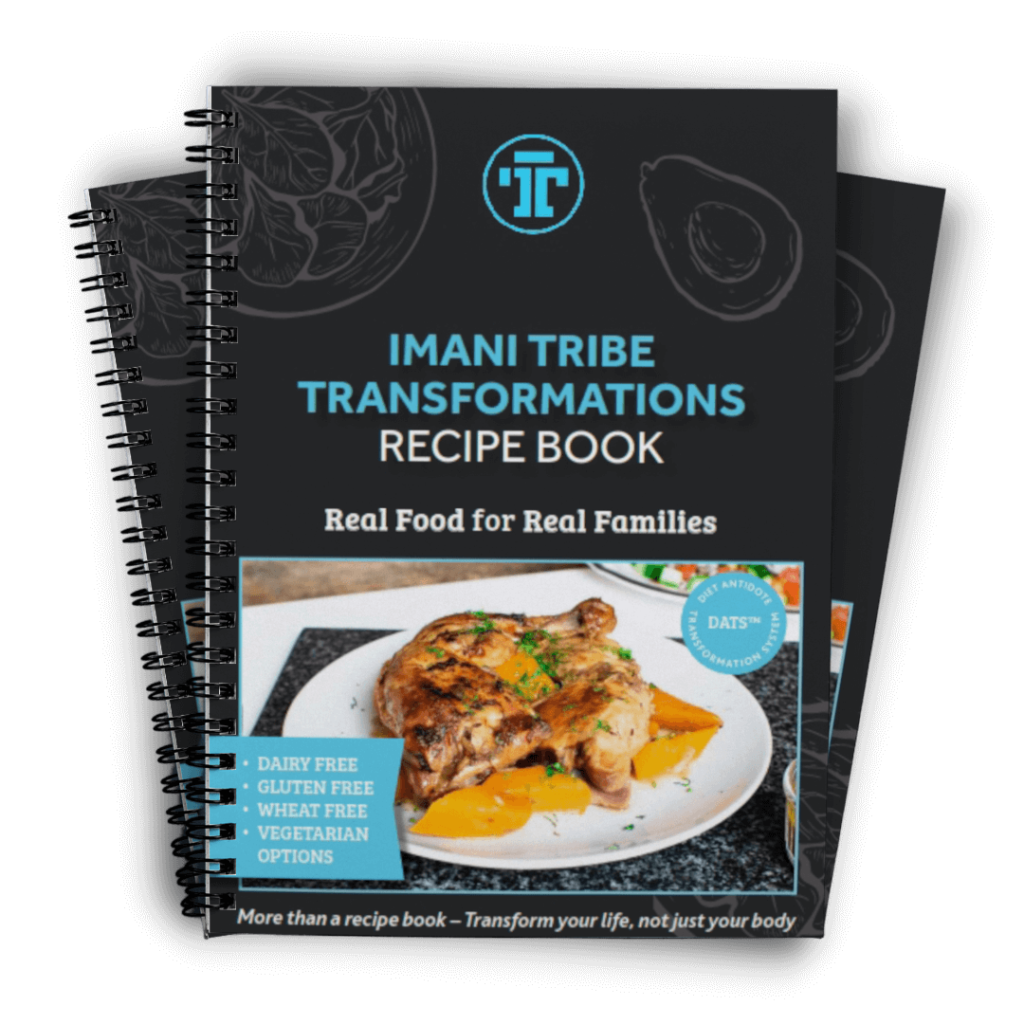With the number of diets on the market that focus on no carbs or low carbs, it’s easy to think that eliminating carbohydrates from your diet is a sure-fire way to lose weight.
But did you know that you’ll actually get better weight loss results by including carbohydrates in your meals?
What is a low carb diet?
A low carb diet is one that restricts carbohydrates — either by eliminating them all together, or by limiting how much you eat. These diets tend to demonise foods that contain carbohydrates, and promote foods that are high in protein and fat.
There are many types of low carb diets around but all of them restrict the amount of carbohydrates you eat, including:
- Grains
- Fruits
- Starchy vegetables
- Legumes
- Processed carbohydrates such as pasta and bread
- Nuts and seeds.
Why do people choose low carb diets?
People often chose low carb diets because the diet industry tells them that this is the best way to lose weight quickly. While this may be the case, the reason for this ‘weight loss’ is not what you may expect.
One of the things that can happen when you eat carbohydrates is that you can retain fluid. That’s because some of the carbs you eat are stored in the form of glycogen, which the body uses as energy. For every gram of carbohydrate stored as glycogen, there is around 2-3 grams of water retained. So it therefore follows that if you cut out carbohydrates, you also remove the extra fluid — which shows up as weight loss on the scales.
While low carb or no carb diets may lead to short-term weight loss (like most other diets and quick-fixes), most studies show that after 12 – 24 months, benefits of low carb or no carb diets are minimal and don’t result in long-term weight loss.
Your body need carbohydrates
In order to lose weight effectively and keep it off, our body needs to function at its best. In order to do this, we need to eat a wide range of foods. This includes eating foods such as premium grains, fruits and vegetables, legumes and nuts and seeds — foods that are all on the ‘no’ list when following a low carb diet.
While these foods do contain carbohydrates, they also contain important vitamins and minerals, protein and fibre, so cutting out carbs means you’re also reducing the nutrition in your diet. To fully understand the role food has to play in weight loss, be sure to read our blog The 14 best foods to lose weight.
The truth is that restricting carbohydrates will actually cause more problems down the track. Here’s why.
Why avoiding carbs is a problem
Compromised nutrition
As we mentioned above, cutting out carbohydrates completely, or restricting them increases the likelihood of you compromising your nutrition. Not only does this prevent your body from working as it should (so it can burn fat more easily), but you also compromise your immune system. This means you’ll get sick more often, which will lead to inconsistency with exercise and training. And when it comes to losing weight and changing your body shape, it’s more important to be consistent than perfect.
Lack of energy
One of the main problems when it comes to cutting carbs from your diet is that you are cutting off one of your main energy supplies.
Imagine driving your car but not filling it with the fuel it requires. How far would you get when you run out of fuel? And what would happen if you put something other than fuel in the tank? Would your car go? Or would you cause damage to your car?
The same happens when you cut your carbs and try to replace them with other foods. Whether you like it or not, your body requires a certain amount of carbohydrate to work properly. Denying yourself carbohydrates might be okay for a short while, but it’s not a sustainable long-term strategy. Because what good is losing weight, if you’re too tired and cranky and sick to enjoy your life?
You can’t recover from and prepare for training
One of the best ways to change your body shape and burn fat is to engage in exercise. And by exercise, we don’t mean cardio exercise, but a mix of cardio (ICE), weight training (FIRE) and other movement (LIA). However, in order to perform at your best, and recover quickly (so you can train well at your next session), you need to provide your body with the right fuel. That fuel includes carbohydrates.
Eating carbs before your workout gives you the energy you need to exercise. Carbohydrate is also needed after a workout as this helps to replenish your body’s glycogen (energy) stores, so you’re ready for your next session.
Failure to fuel yourself properly will mean compromised training sessions that will give you poor results, or lead to injury and burnout. To fully understand the role food has in your workouts read our blog What are the best workout meals?
Increases your chances of binge eating
Cutting out carbs will also increase the chances of you engaging in binge eating. That’s because food restriction causes an increase in your appetite along with cravings for certain foods — usually the ones you’ve been restricting! To understand how food restriction leads to binge and emotional eating, read our blog Why food restriction, food rules and diets are making you overweight.
Potential for increased risk of heart disease and cancers
Studies into one very popular no carb diet have raised concerns surrounding the potential problems of heart disease, nutrient deficiency, liver and kidney problems, bone health, constipation and mood swings. This is because the diet promotes eating high levels of protein and fat, and limiting or restricting other foods such as fruits, vegetables and grains.
Compromised health and metabolism
If you’re engaging in regular exercise to help you lose weight, then following a low carb diet is a recipe for disaster. It can lead to a slower metabolism, increased stress hormones and compromised ability to build muscle — all of which will sabotage your weight loss. To understand why muscle is so important for weight loss, read our blog “I don’t want to get bulky!”: 8 reasons why muscle is your friend.
Unpleasant side effects
Like many of these fad diets doing the rounds, low carb diets also involve some unpleasant side effects. These can include headaches, bad breath, weakness, muscle cramps, fatigue, skin rashes, and constipation or diarrhea.
You never learn how to live with carbs
The other problem with cutting carbs from your diet is that you’ll never learn to live with carbs or be at peace with them. You see, the problem isn’t eating carbohydrates. The problem is your poor relationship with food that causes you to believe that carbs are the enemy.
Let’s use our driving analogy here. If you never practice driving in traffic, you’ll never be able to drive in traffic when you get your driver licence. That means you’ll be forever relegated to driving around the back streets, never being able to drive somewhere different. If you never learn how to include carbohydrates as part of your nutritious eating plan, you’ll have to steer clear of them — for the rest of your life. Because you won’t know how to integrate them into your life.
Can you imagine never eating bread, or rice, or pasta? What about fruit, donuts or cake?
The secret to long-term weight loss isn’t to avoid the foods that you think are problematic. It’s learning to make them part of your lifestyle without fear, confusion or guilt.
So if carbs are not the enemy here, what should you do?
No foods are good or bad
At Imani Tribe Transformations, we don’t believe that there are good foods or bad foods — there are just foods that serve different purposes. Sometimes that purpose is to help us recover from training — and for that we need carbohydrates. Sometimes we use food to keep our body healthy, and sometimes we use it to nourish our soul and bring people together. None of these things are wrong. There’s certainly nothing wrong with enjoying toast for breakfast, or cake when you’re celebrating! To fully understand this concept, read our blog What are good foods for weight loss and what are bad foods?
The best approach to sustainable, enjoyable weight loss that ensures you look, feel and function well is to enjoy a wide range of foods — including carbohydrates! The more variety you have in your food, the more excited you’ll be to eat, and the less likely you’ll go searching for more ‘interesting’ (i.e. junk) food. You’ll also be more consistent in eating the kinds of foods that will change your body, and you’ll find that you won’t binge or emotionally eat as often.
You see, it’s not so much what you eat that influences your weight. It’s your relationship with food that is the problem.
For too long, the diet industry has told you that in order to lose weight, you need to deprive yourself of your favourite foods — that you need to eat low carb, or even cut out carbs completely. But restricting carbs won’t lead to long-term weight loss. Instead, it leads to a host of problems that are likely to contribute to weight gain. Plus, going without the foods you love only makes you miserable.
We’ve seen and experienced first-hand the physiological and psychological damage diets do. They certainly don’t help you lose weight and in many cases, actually cause you to become more overweight.
That’s why we created the Diet Antidote Transformation System (DATS™️) — the Not-diet diet for people who are sick of diets and want more than a good body.
You don’t need to cut carbs or any other food group to lose weight. You just need the knowledge, systems, tools and skills so you can learn how to eat all foods (including carbs) for long-term weight loss. Our DATSTM Program will give you all of this, as well as structure and accountability, so you can get the results you’ve always been looking for.


















